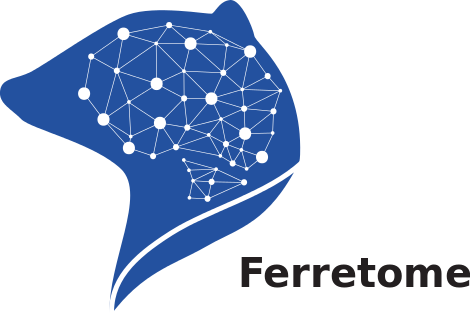Edit literature details
* First time you log in, please close the new tab and click on again.
Literature details:
| Authors list |
Manger Paul R Masiello Italo Innocenti Giorgio M |
| Title | Areal Organization of the Posterior Parietal Cortex of the Ferret (Mustela putorius) |
| Year | 2002 |
| Journal | Cerebral Cortex |
| Number Or Chapter | 12 |
| Page Number | 1280-1297 |
| Abstract | On grounds of electrophysiological mapping, cytoarchitecture, myeloarchitecture and callosal and thalamic connectivity, we have identified two cortical areas in the posterior parietal cortex of the ferret: posterior parietal caudal and rostral (PPc and PPr). These areas occupy the lateral and suprasylvian gyri, from the cingulate sulcus (medially) to the suprasylvian sulcus (laterally) and lie between visual areas 18 and 21 (posteriorly) and the somatosensory areas (anteriorly). Within both areas a coarse representation of the visual field was found and within PPr there was also a representation of the body. Each representation mirrors those within neighboring areas. Cytoarchitectonic and myeloarchitectonic fields within this cortical region did not correspond in any simple way to the physiological representations. The architectonic differences correlate to differential callosal connectivity, with predominant connectivity corresponding to the upper hemifield/head representations. PPr and PPc receive thalamic projections from a different, but overlapping, complement of thalamic nuclei. The superimposition of somatic and visual maps in PPr might relate to the probable role of this area in transforming retinal-centered to body-centered spatial coordinates. The organization of the parietal areas in the ferret resembles that of the flying fox and might unveil a common organizational plan from which the primate posterior parietal cortex evolved. |
